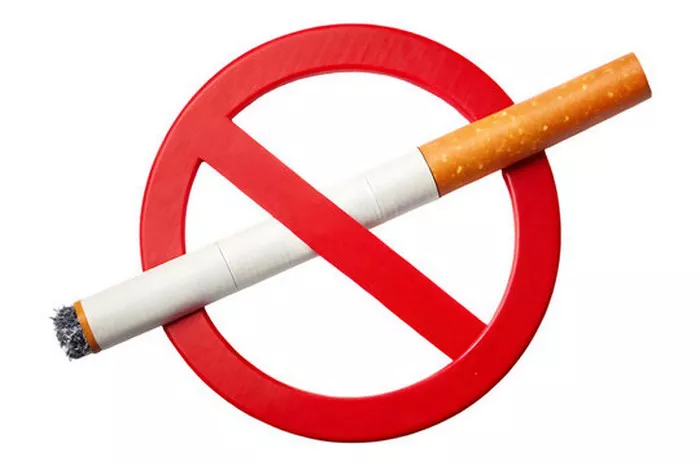As World No Tobacco Day approaches on May 31, the World Health Organization (WHO) has praised Indonesia’s bold new tobacco control measures, calling them a significant step toward protecting public health, particularly among the nation’s youth.
The newly enacted Government Regulation No. 28 of 2024 introduces sweeping reforms, including:
- Raising the minimum legal age to purchase tobacco and nicotine products from 18 to 21 years
- Banning the sale of single-stick cigarettes, a popular option among youth
- Expanding pictorial health warnings to cover 50% of tobacco packaging
- Prohibiting flavored products and additives in tobacco and e-cigarettes
- Banning all tobacco advertising on social media platforms
“These measures represent a major breakthrough in protecting future generations from tobacco-related harm,” said Dr N. Paranietharan, WHO Representative to Indonesia. He emphasized that the move aligns with the country’s long-term vision of developing a “Golden Generation” by 2045.
Urgency Backed by Data
The decision comes as public health data paints a concerning picture. According to the 2023 Indonesia Health Survey, 30.8% of people aged 15 and older use tobacco. Male usage stands at a staggering 57.9%, compared to 3.3% among females.
The rise of electronic cigarettes has further alarmed health authorities. The Global Adult Tobacco Survey (GATS) shows that e-cigarette use jumped from 0.3% in 2011 to 3.0% in 2021. Among youth aged 15–24, usage reached 7.5%, and among adolescents aged 13–17, 12.4% reported current use, according to the 2023 Global School-Based Health Survey.
WHO Calls for Standardized Packaging
Building on this momentum, WHO is urging Indonesia to adopt standardized (plain) packaging for all tobacco and nicotine products. This would involve:
- Removing brand logos, colors, and promotional design elements
- Keeping only the product name in a standard font and color
- Displaying large, graphic health warnings prominently
Such packaging is proven to reduce the appeal of tobacco products, especially among youth, and to eliminate misleading branding that implies reduced harm. It also increases the effectiveness of health warnings.
Globally, 25 countries have already adopted plain packaging laws, with several G20 nations—Australia, Canada, France, Saudi Arabia, Türkiye, and the UK—leading the way. In Southeast Asia, Lao PDR, Myanmar, Singapore, and Thailand have begun implementing similar policies.
Legal Groundwork in Place
Indonesia is well-positioned to join this list. Article 435 of Government Regulation No. 28 of 2024 provides a legal basis for implementing standardized packaging. However, technical implementing regulations are still required to activate this policy.
“The time to act is now,” said Dr Paranietharan. “Standardized packaging is a proven tool that strips away the tobacco industry’s ability to market harmful products as appealing. Indonesia has taken a bold first step—what’s needed next is the political will to finish the job.”
Industry Pushback Debunked
Despite persistent opposition from the tobacco industry, which often claims that plain packaging leads to illicit trade, damages small businesses, and violates trade laws, evidence from Australia and other countries shows the opposite. The policy has led to reduced smoking rates, increased quit attempts, and overall public health improvements.
With youth nicotine addiction on the rise, WHO stresses that standardized packaging could be a powerful next move in Indonesia’s fight against tobacco. The world will be watching as the country weighs its next step in this critical public health battle.
Related topics:

